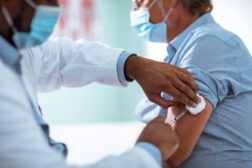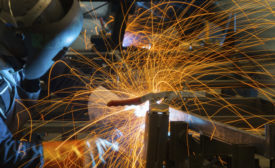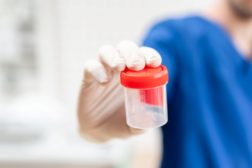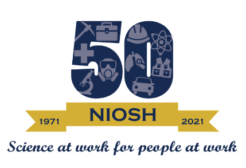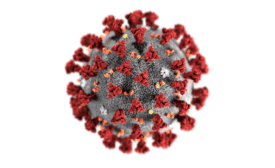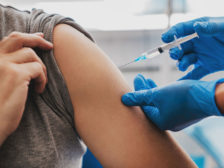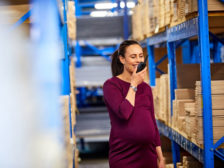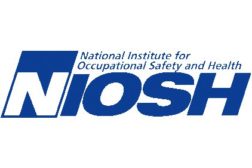Workplace Health
NIOSH Celebrates 50 Years
NIOSH is featuring a series of special events and products that highlight the contributions NIOSH has made to the nation’s workforce
April 29, 2021
Editorial Comments
CDC and OSHA recently updated workplace guidance related to Coronavirus
April 27, 2021
Best Practices
Can PWFA transform how OHS is practiced?
Pregnant workers bill could be enacted this year
April 27, 2021
Never miss the latest news and trends driving the safety industry
eNewsletter | Website | eMagazine
JOIN TODAYCopyright ©2024. All Rights Reserved BNP Media.
Design, CMS, Hosting & Web Development :: ePublishing


